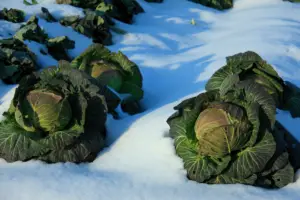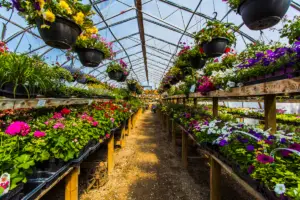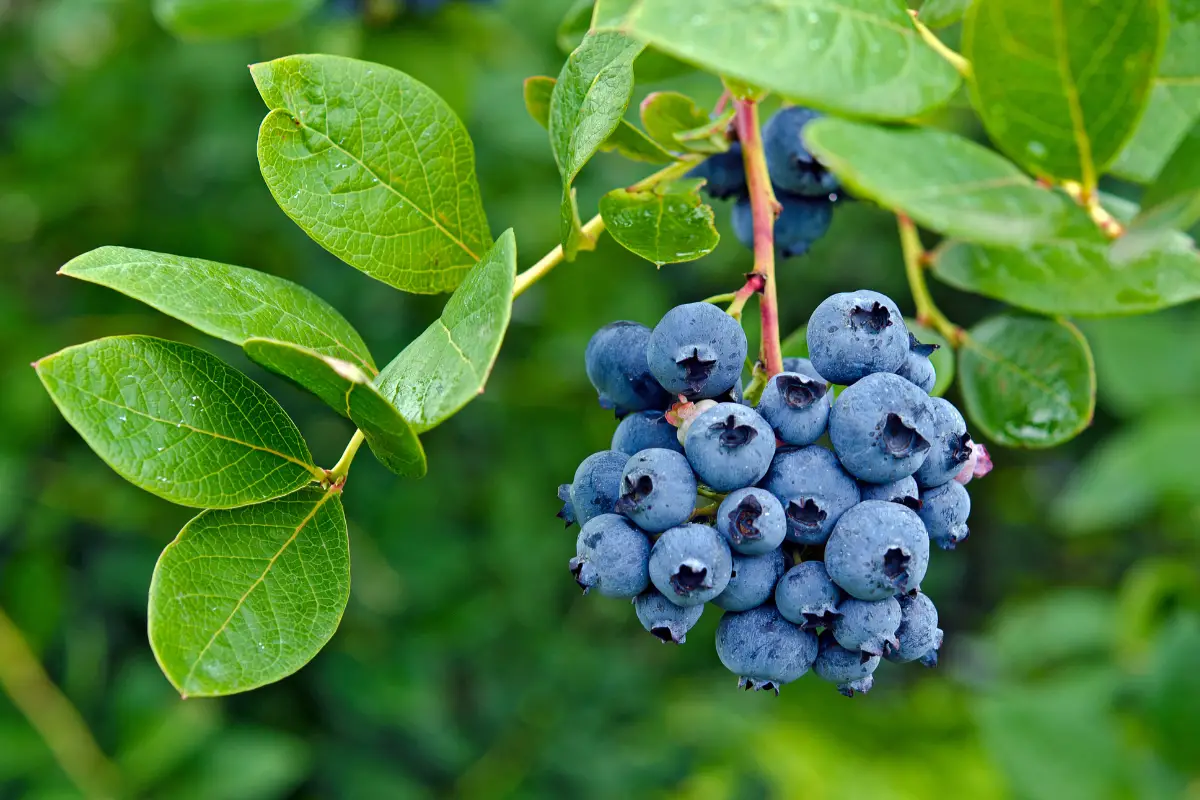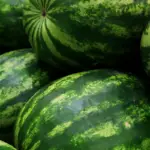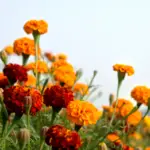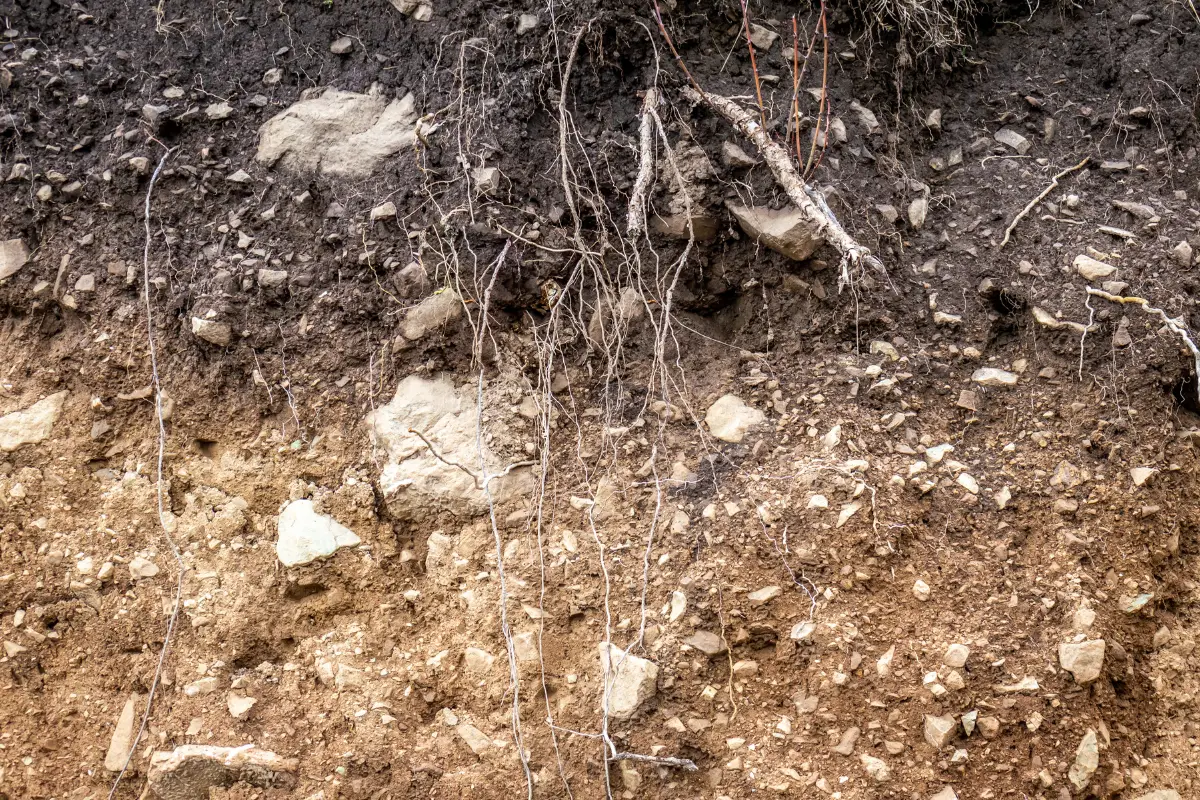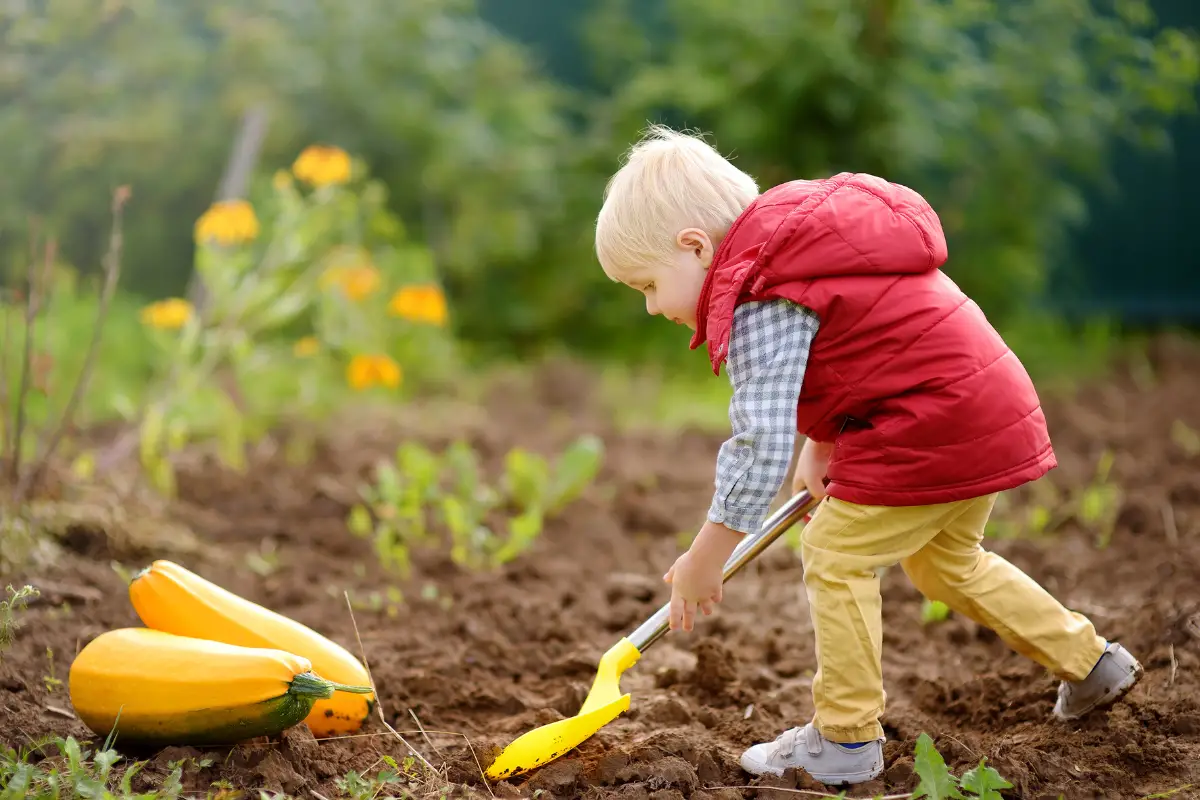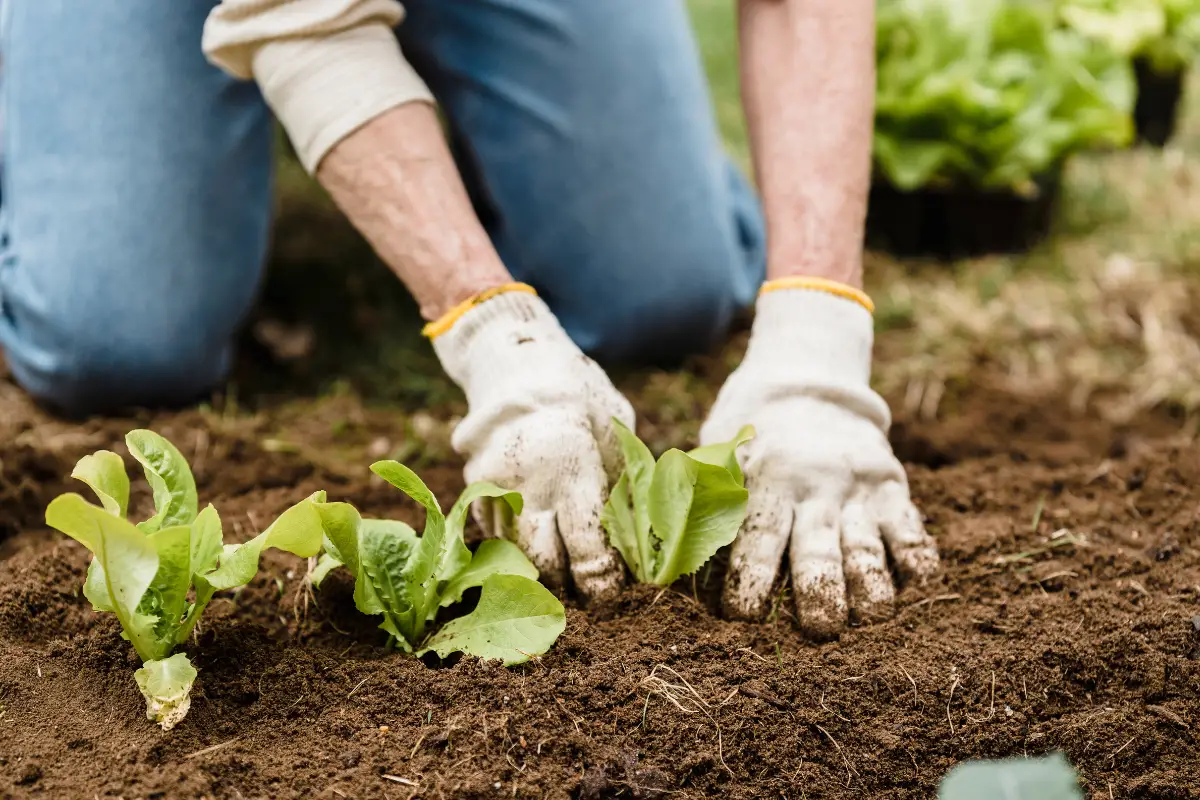Cucumber plants are a popular addition to many gardens as they are easy to grow and produce a bountiful harvest. However, gardeners may find that their cucumber plants are being eaten by animals, leaving them with little to no yield.
In this article, we will explore the animals that commonly eat cucumber plants and how to prevent them from doing so.
Some of the most common animals that eat cucumber plants include squirrels, rabbits, and deer. These animals are attracted to the tender leaves and fruits of the cucumber plant.
While squirrels and rabbits may only cause minor damage, deer can cause significant damage to the entire plant.
It is important to identify the type of animal that is causing the damage in order to effectively prevent further damage.
Preventing animals from eating cucumber plants can be a challenge, but there are several methods that can be used.
These include using physical barriers such as fencing or netting, using repellents such as predator urine or hot pepper spray, and planting companion plants that deter animals.
By taking proactive measures to prevent animal damage, gardeners can enjoy a bountiful cucumber harvest.
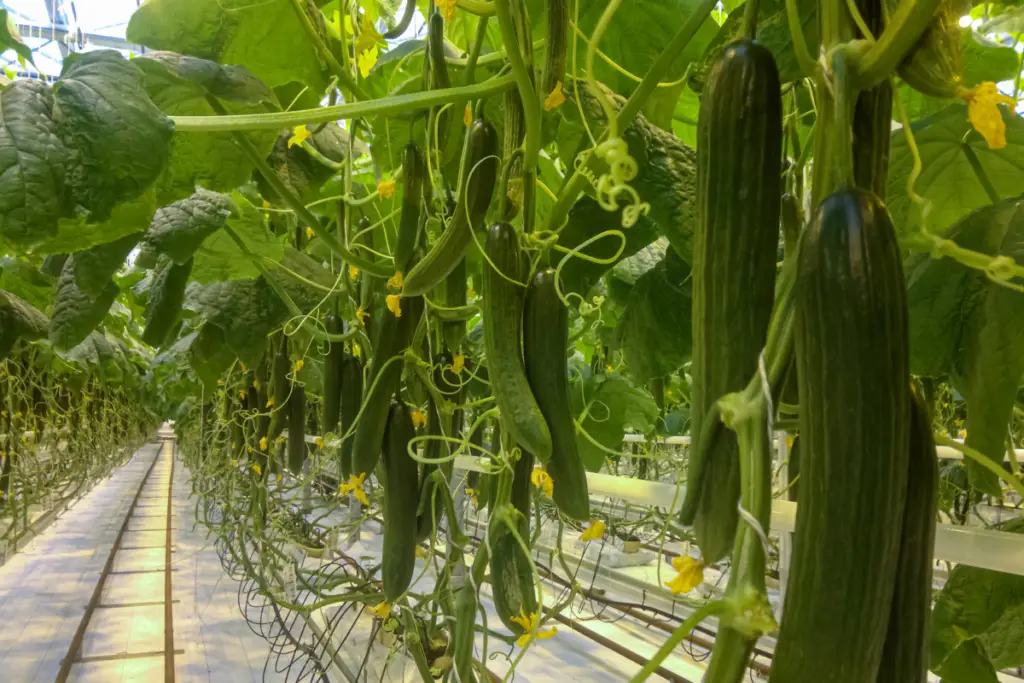
Table of Contents
Understanding Cucumber Plants
Cucumber plants (Cucumis sativus) are annual vines that belong to the family Cucurbitaceae. They are native to South Asia but are now widely cultivated in many parts of the world for their edible fruits.
Cucumbers are low in calories and high in water content, making them a popular choice for salads and healthy snacks.
Cucumber plants have a sprawling growth habit and can be trained to climb on trellises or other supports.
They have large, lobed leaves that are covered in tiny hairs and produce yellow flowers that are pollinated by insects.
Most cucumber varieties have separate male and female flowers on the same plant, which means they require animal pollinators like bees to produce fruit.
Cucumbers come in many different shapes, sizes, and colors. Some varieties are long and slender, while others are short and plump.
Some are smooth-skinned, while others have bumpy or spiny skin. Some are green, while others are yellow or white. The flavor and texture of cucumbers can also vary depending on the variety and growing conditions.
Cucumber plants are susceptible to a variety of pests and diseases, including cucumber beetles, aphids, powdery mildew, and bacterial wilt.
Proper cultural practices like crop rotation, sanitation, and timely pest management can help prevent and control these problems.
Common Herbivores of Cucumber Plants
Cucumber plants are a favorite target of many herbivorous animals. Insects, mammals, birds, and reptiles are known to feed on cucumber plants.
This section will discuss the common herbivores of cucumber plants and their feeding habits.
Insects
Insects are among the most common herbivores of cucumber plants. They feed on different parts of the plant, including the leaves, stems, and fruits.
Some of the common insects that feed on cucumber plants include:
- Flea beetles
- Cucumber beetles
- Aphids
- Spider mites
- Whiteflies
Flea beetles are small beetles that feed on the leaves of cucumber plants, causing small holes in the leaves. Cucumber beetles, on the other hand, feed on the leaves, flowers, and fruits of the plant. Aphids and spider mites suck the sap from the leaves, causing the leaves to curl and turn yellow. Whiteflies feed on the underside of the leaves, causing the leaves to turn yellow and die.
Mammals
Mammals are also known to feed on cucumber plants, especially when other food sources are scarce. Some of the common mammals that feed on cucumber plants include:
- Deer
- Rabbits
- Squirrels
- Chipmunks
Deer are known to feed on the leaves and stems of cucumber plants, causing significant damage to the plant. Rabbits, squirrels, and chipmunks also feed on the leaves, stems, and fruits of the plant.
Birds
Birds are not common herbivores of cucumber plants, but they can cause significant damage to the plant when they feed on it. Some of the common birds that feed on cucumber plants include:
- Sparrows
- Finches
- Pigeons
- Doves
Birds are known to feed on the fruits of the plant, causing significant damage to the harvest.
Reptiles
Reptiles are not common herbivores of cucumber plants, but they can feed on the plant when other food sources are scarce. Some of the common reptiles that feed on cucumber plants include:
- Snakes
- Lizards
- Turtles
These reptiles are known to feed on the leaves and fruits of the plant, causing significant damage to the harvest.
In conclusion, cucumber plants are a favorite target of many herbivorous animals. Insects, mammals, birds, and reptiles are known to feed on cucumber plants, causing significant damage to the plant and the harvest.
It is essential to take measures to protect cucumber plants from these herbivores to ensure a successful harvest.
Specific Animals That Eat Cucumber Plants
Cucumber Beetles
Cucumber beetles are one of the most common pests that attack cucumber plants.
These small, yellow-green beetles have black stripes or spots on their backs and feed on the leaves, flowers, and fruits of cucumber plants.
They can cause significant damage to the plants by chewing holes in the leaves and spreading bacterial wilt disease.
To prevent cucumber beetles from attacking cucumber plants, gardeners can use row covers or insecticides.
They can also plant trap crops, such as radishes or squash, to lure the beetles away from the cucumber plants.
Deer
Deer are another common pest that can damage cucumber plants. These animals are attracted to the tender leaves and fruits of cucumber plants, and can cause significant damage by eating them.
Deer can also trample the plants, which can stunt their growth and reduce their yield.
To prevent deer from eating cucumber plants, gardeners can use fencing or repellents.
They can also plant other crops that deer do not like, such as herbs or flowers, to distract them from the cucumber plants.
Rabbits
Rabbits are also known to eat cucumber plants. These animals are attracted to the tender leaves and fruits of the plants and can cause significant damage by eating them.
Rabbits can also burrow under the plants, which can damage the roots and stunt their growth.
To prevent rabbits from eating cucumber plants, gardeners can use fencing or repellents.
They can also plant other crops that rabbits do not like, such as onions or garlic, to distract them from the cucumber plants.
Slugs and Snails
Slugs and snails are common pests that can damage cucumber plants. These animals are attracted to the moist environment around the plants and can cause significant damage by eating the leaves and fruits.
They can also leave a slimy trail behind them, which can attract other pests and diseases.
To prevent slugs and snails from attacking cucumber plants, gardeners can use traps or barriers.
They can also remove any debris or mulch around the plants to reduce the moisture levels. Additionally, they can use copper tape or spray to repel the pests.
Effects of Animals Eating Cucumber Plants
When animals eat cucumber plants, it can have detrimental effects on the growth and yield of the plant. Here are some of the effects that animals can have on cucumber plants:
- Stunted growth: Animals that eat the leaves and stems of cucumber plants can cause stunted growth. This is because the leaves and stems are responsible for photosynthesis, which is the process by which plants produce food. If the leaves and stems are damaged, the plant will not be able to produce enough food to support its growth.
- Reduced yield: If animals eat the flowers or fruit of cucumber plants, it can result in reduced yield. This is because the flowers and fruit are responsible for producing the cucumbers. If they are damaged or eaten, the plant will not be able to produce as many cucumbers.
- Spread of disease: Animals that eat cucumber plants can also spread disease. This is because they may carry bacteria or viruses that can infect the plant. If the plant becomes infected, it may not be able to produce as many cucumbers or may die altogether.
- Weakened plant: Animals that eat cucumber plants can weaken the plant, making it more susceptible to other pests and diseases. This is because the plant may not have enough energy to defend itself against other threats.
Overall, it is important to take measures to prevent animals from eating cucumber plants to ensure a healthy and productive crop.
Preventing Animals from Eating Cucumber Plants
Cucumber plants are vulnerable to many animals, including rabbits, deer, squirrels, and birds. Fortunately, there are several ways to protect cucumber plants from animal damage.
Physical Barriers
One of the most effective ways to prevent animals from eating cucumber plants is to use physical barriers.
These barriers can be as simple as a fence around the garden or as complex as a netting system that covers the entire cucumber plant.
Fences should be at least 6 feet tall to keep deer out of the garden. Chicken wire or hardware cloth can be used to keep rabbits and other small animals away from the cucumber plants.
Netting systems are a good option for gardeners who want to protect their cucumber plants from birds. The netting should be placed over the plants and secured to the ground with stakes or rocks.
Chemical Deterrents
Chemical deterrents can also be used to keep animals away from cucumber plants. These deterrents can be sprayed on the plants or placed around the garden.
Repellents that contain capsaicin, the active ingredient in hot peppers, can be effective at keeping animals away from cucumber plants.
These repellents can be sprayed on the plants or placed around the garden in the form of pellets or granules.
Another option is to use a scent-based repellent, such as predator urine or rotten egg spray. These repellents can be sprayed on the plants or placed around the garden to create a barrier that animals will avoid.
Natural Predators
Using natural predators is a more eco-friendly way to keep animals away from cucumber plants. For example, gardeners can attract birds of prey, such as hawks or owls, to their garden.
These birds will help keep small animals, such as rabbits and squirrels, away from the cucumber plants.
Another option is to introduce beneficial insects, such as ladybugs or praying mantises, to the garden. These insects will help control the population of pests that may be attracted to the cucumber plants.
In conclusion, preventing animals from eating cucumber plants requires a combination of physical barriers, chemical deterrents, and natural predators.
Gardeners should choose the method that works best for their garden and their specific animal problem.
Conclusion
In conclusion, while some animals like rabbits and deer may enjoy snacking on cucumber plants, others like cats and dogs should avoid them as they can be toxic and potentially harmful to their health.
It’s important to be aware of the potential risks and take necessary precautions to ensure the safety of both animals and plants.
- How to Dry Basil Leaves: A Professional Guide
- Is an Avocado a Fruit or Vegetable? Simple Answer and Explanation
- Does Pineapple Have Seeds? Exploring the Anatomy of Pineapples
- Blooming Through Winter: Can I Grow Vegetables Indoors in the Winter?
- What Can You Grow in a Greenhouse All Year Round: A Guide to Year-Round Greenhouse Gardening
- Are Blueberries Blue? Debunking the Myth of Their Color




